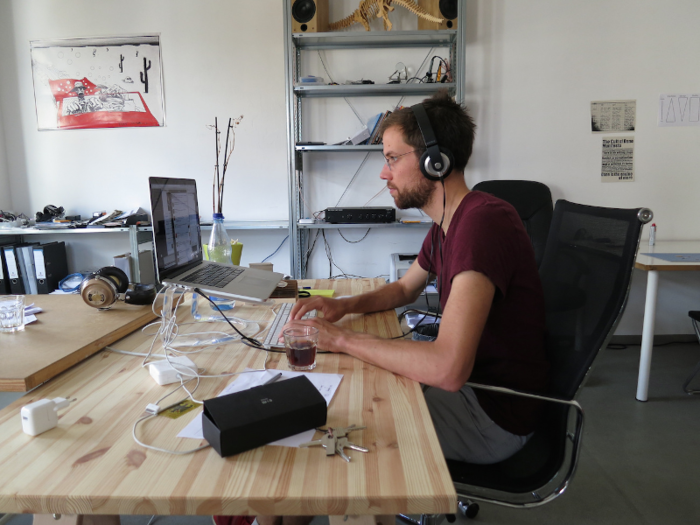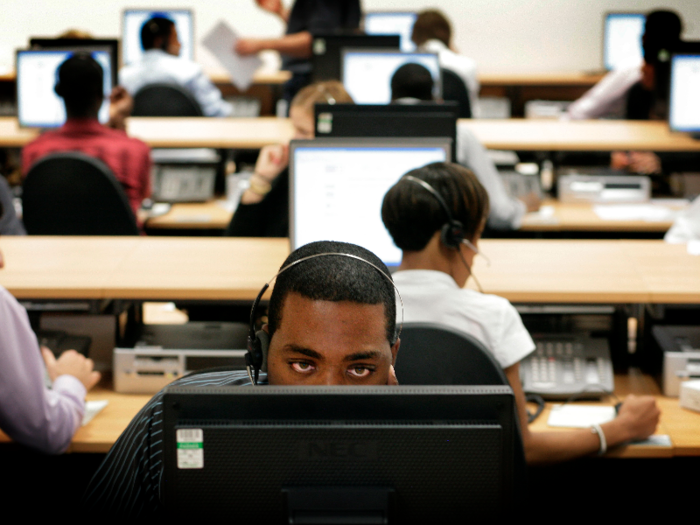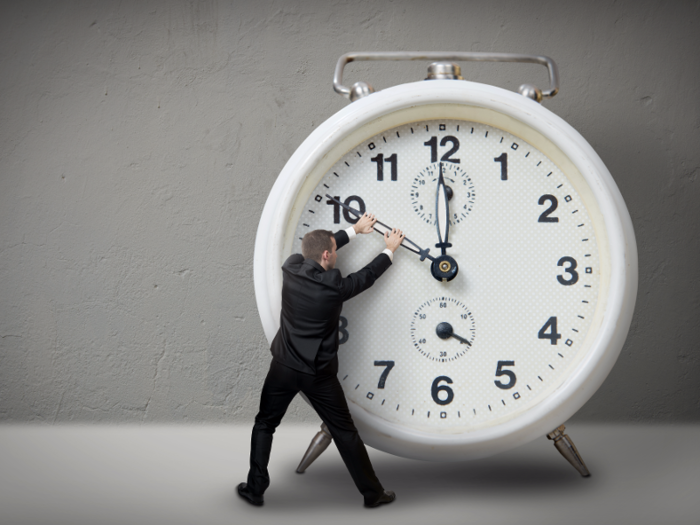Americans work less than ever before but still feel like there's no free time - and there's a simple explanation
What free time people do have, they spend it on their devices.

People are spending their weekends working.

Another consequence of having constant access to mobile technology is that industries can work round-the-clock, which includes Saturday and Sunday. Americans, more than any residents of any other country, spend their weekends working, according to OECD data,
The 2014 data show 29% of American employees had worked over the weekend at some point during the past year. Fewer than 25% of people in Germany and 10% of people in Spain reported the same.
Flexibility to work remotely has also contributed to the ease of working weekends.
We are spending longer hours in the office.

A 2011 survey of more than 300 companies in the US and Canada found nearly two-thirds of employers were demanding longer hours of their employees than they did three years prior.
Roughly half said they expected the longer hours to get even longer over the next three years.
According to additional survey results, the attitude may be due to the fact employers weren't aware that workers felt their mental health had suffered due to the longer hours.
People are working from home more often.

A 2017 Gallup survey of 15,000 American workers found that 43% of people spent at least some of their time working remotely — an increase of four percentage points since 2012.
They're also doing it more often: While the share of people who said they work remotely one day a week or less has fallen since 2012, the share of people who do it four or five times a week has risen, from 24% to 31%.
On the one hand, more flexibility in where to work has made it easier for parents and people who travel a lot to get their work done. But it's also had the side effect of getting people comfortable with working at home, at times they'd normally be relaxing.
Our view of free time has changed.

Now that Americans have left the Industrial Age for the Information Age, the way people think about the value of time has changed.
Psychologists have found people do actually equate time with its monetary value (i.e. "Time is money."). At the same time, people have more opportunities than ever for multi-tasking. The result is time not spent working feels like a waste.
"Multi-tasking is what makes us feel pressed for time," Elizabeth Dunn, a psychology professor at the University of British Columbia, told the Economist.
Popular Right Now
Advertisement